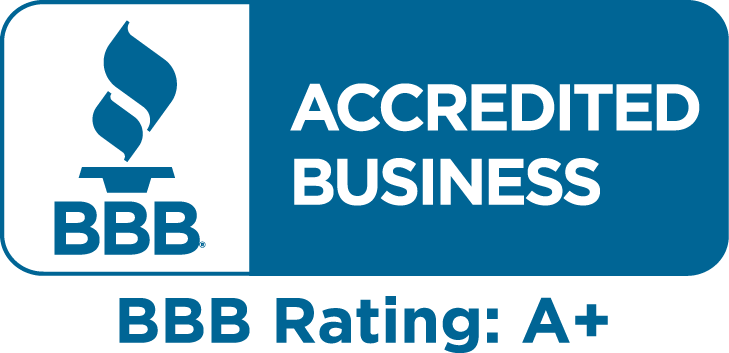A Strong Case for Re-Stating the Insurance Section of Vague and Outdated Covenants, Conditions and Restrictions (CC&Rs)
After a fire or water-damage claim is submitted to your insurance adjuster, one of the first statements they will make is “Send me a copy of your CC&Rs”. After reading the CC&Rs, progress on your claim may slow down or stop if no one can decipher who is responsible to insure the damage; the HOA or the unit owner.
Many common interest developments have an insurance section in their CC&Rs (covenants, conditions and restrictions) that is vague or outdated. Hiring an HOA specialist attorney to update the Insurance Section of your CC&Rs is some of the best money you can spend. Vague CC&Rs can easily delay your settlement or have the claim escalate into a law suit between the parties… all of which can be avoided by investing in updated CC&Rs.
In addition, many CC&Rs for condo and townhouse associations are written so that the HOAs insurance policy will only insure the original Walls-In interior permanently attached fixtures (such as interior walls, cabinets, counter tops and floor coverings) as included with the original construction, but will not insure the net increase in value of Upgrades that are installed by unit owners after original construction was complete. Examples of Upgrades include replacing tile counter tops with granite, replacing carpet with hardwood floors or replacing standard builder-grade cabinets with custom cabinets. (Note – unit owners should purchase a Unit Owner’s HO6 policy to insure the value of the Upgrades).
After a property damage claim occurs, determining who pays for what portion of the damage frequently escalates into a dispute. Many informal discussions with unit owners and Community Managers indicates a strong preference to have the HOAs policy insure the Original Construction PLUS the value of Upgrades (which is also known as All Inclusive Walls-In coverage). Updating the CC&Rs to include All Inclusive Unit Coverage will save unit owners money because they can reduce the amount of Dwelling Coverage included with their HO6 policy and can help reduce or eliminate coverage disputes.
Some unit owner’s (HO6) policies will not pay the unit owner’s share of the HOA policy Deductible unless the CC&Rs specifically and clearly require the unit owner to do so. To save money and to avoid submission of small damage claims, some associations have increased their HOA Deductible to $10,000 or even $25,000 which may be a financial hardship for a unit owner to pay out-of-pocket. Therefore, restating the CC&Rs to clearly state that the unit owner is responsible to pay the HOA Policy Deductible (when damage occurs inside a unit) should provide the supporting evidence to have the unit owner’s HO6 policy pay the HOA Deductible on behalf of the unit owner.






